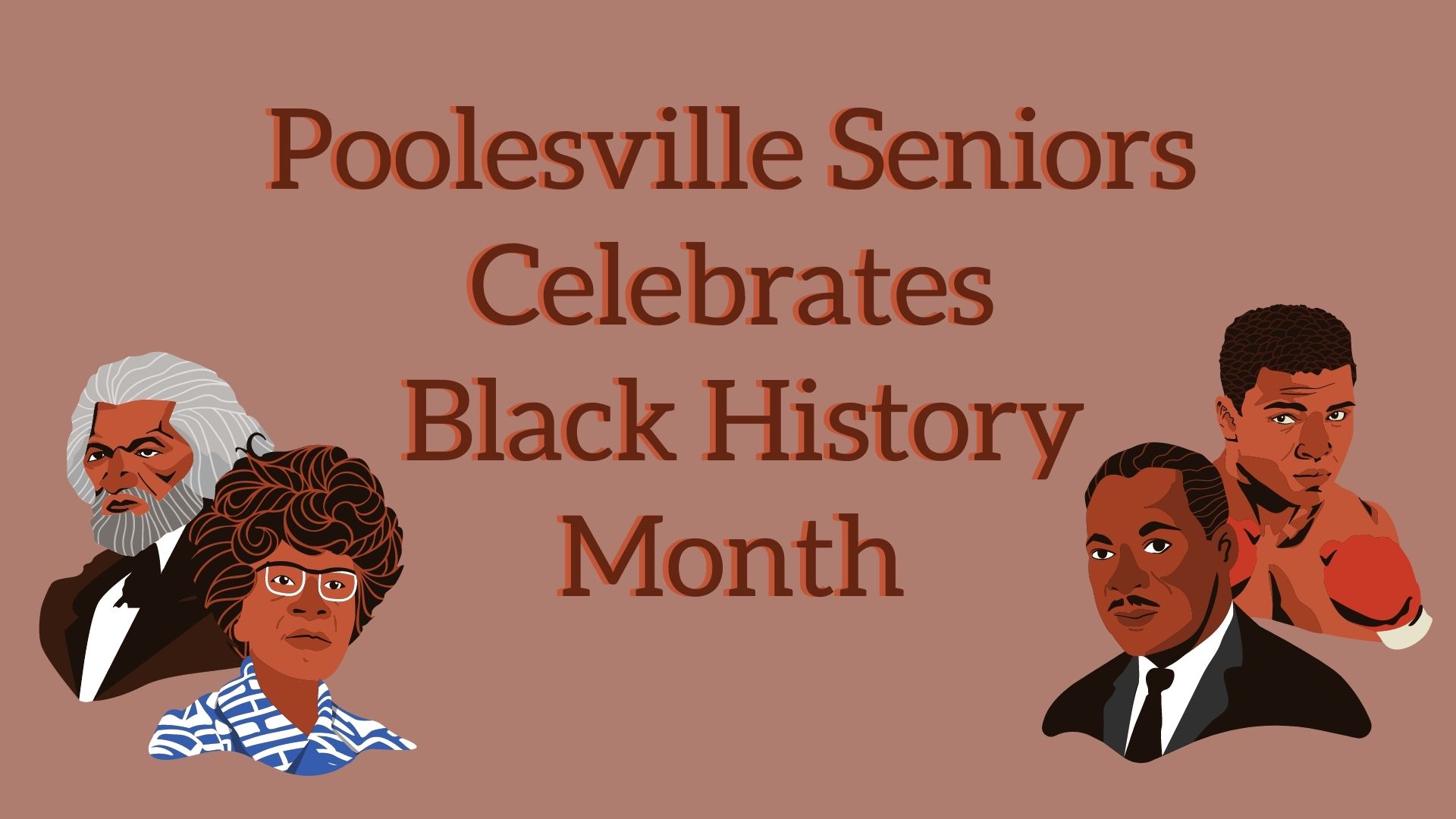Lifting Up Our Community for Black History Month
In celebration of Black History Month, Poolesville Seniors is pleased to share some stories with you from the families of once thriving Freedmen Communities in and around Poolesville. Watch our blog and newsletter for articles celebrating this month with our Profiles in Poolesville series.
This year the theme of Black History Month, “Black Health and Wellness,” explores “the legacy of not only Black scholars and medical practitioners in Western medicine, but also other ways of caring (e.g., birth workers, doulas, midwives, naturopaths, herbalists, etc.) throughout the African Diaspora. The 2022 theme considers activities, rituals and initiatives that Black communities have done to be well.”
The celebration of Black History can be traced back to Dr. Carter G. Woodson (1875-1950). As the son of formerly enslaved people and the second African American to receive a doctorate from Harvard, Woodson recognized that Black Americans were being left out of the narrative of American History. Woodson sought to correct this glaring oversight.
In response to the 1915 release of the racist film “The Birth of a Nation”, Woodson met with a group of Black men at a YMCA in Chicago. He convinced the group that Black Americans needed an organization that would strive for a balanced history and had the idea for an organization devoted to Black history. Woodson helped found the Association for the Study of Negro Life and History (today known as the Association for the Study of African American Life and History or ASALH).
The organization began publishing The Journal of Negro History in 1916, and in 1926, Woodson planned a week of activities and commemorations devoted to Black American history. Woodson chose the week of February 7, 1926, for the first Negro History Week for its symbolism. It included the birthdays of both Abraham Lincoln (Feb. 12), celebrated for the Emancipation Proclamation that freed many enslaved people, and the abolitionist and formerly enslaved Frederick Douglass (Feb. 14).
At the height of the Civil Rights Movement, in the 1960s, Black Americans and educators, both White and Black, were observing Black History Week. In 1976, the Bicentennial year, President Gerald Ford urged Americans to observe Black History Month. It was President Carter who officially recognized Black History Month in 1978. With the federal government’s blessing, Black History Month became a regular event in American schools.

